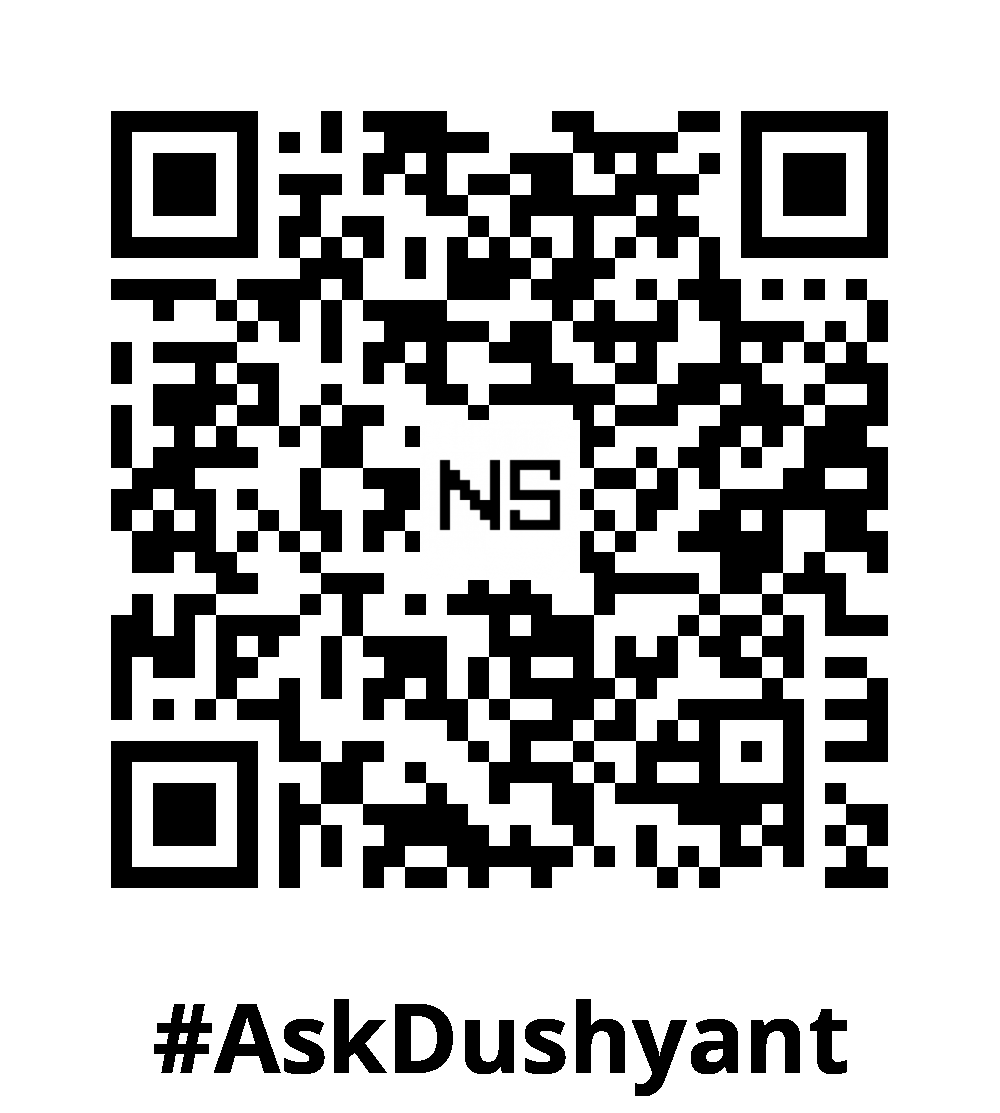As a seasoned tech wizard, hacking into the realms of cryptocurrencies and NFTs feels like venturing into the nerdy wild west. Amidst this digital frontier, blockchain technology has emerged as a revolutionary force, transforming industries and disrupting age-old systems. This blog post aims to demystify the intricate universe of blockchain, its fundamental principles, dissect its implementation techniques, examine the array of available technologies, explore its myriad real-world applications, peek into its future potential, acknowledge its limitations, and navigate the global panorama of blockchain development.
Understanding Blockchain: How It Works
At its core, a blockchain is a decentralised, distributed ledger that records transactions across multiple computers in a secure, transparent, and tamper-proof manner. Each transaction, bundled into a block, is verified by network participants and linked to the previous block, forming a chain. The key elements of blockchain technology include consensus algorithms, cryptographic hashing, and decentralization, ensuring trust and immutability of data.
Implementation and Technology Stack
Blockchain can be implemented using various technologies, with Ethereum, Hyperledger Fabric, and Binance Smart Chain being notable platforms. Smart contracts, written in Solidity or Chaincode, enable the execution of predefined actions when specific conditions are met. Additionally, IPFS (InterPlanetary File System) ensures decentralized storage of data linked to the blockchain, enhancing security and accessibility.
Diverse Use Cases: Beyond Cryptocurrency
While cryptocurrencies like Bitcoin introduced blockchain to the world, its applications extend far beyond digital currencies. Blockchain technology finds utility in supply chain management, healthcare, voting systems, identity verification, and intellectual property protection. By ensuring transparency, traceability, and security, blockchain mitigates fraud, enhances efficiency, and fosters innovation across sectors.
Future Prospects and Limitations
The future of blockchain technology is promising. Advancements in scalability, interoperability, and user experience are paving the way for mainstream adoption. Decentralized finance (DeFi), non-fungible tokens (NFTs), and central bank digital currencies (CBDCs) are driving the blockchain revolution forward. However, challenges such as energy consumption, regulatory concerns, and interoperability issues must be addressed for sustainable growth.
Blockchain Development Around the World
Across the globe, blockchain development is flourishing. Silicon Valley remains a hub for blockchain startups, while countries like Switzerland, Singapore, and Estonia embrace blockchain innovation through favorable regulations and initiatives. Governments, enterprises, and academia collaborate to research and implement blockchain solutions, fostering a global ecosystem of expertise and creativity.
My Tech Advice: blockchain technology the new innovation out there, reshaping our world and empowering individuals and businesses alike in decentralised and collaborative way. Its transparent, and secure nature continues to fuel creativity and problem-solving, making blockchain an indispensable tool in our digital era. As we witness the evolution of blockchain development globally, it is evident that this transformative technology will play a pivotal role in shaping our future, one block at a time.
#AskDushyant


Leave a Reply